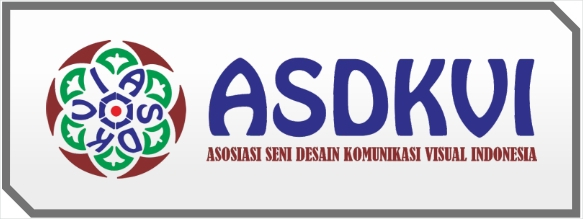Re-branding UMKM Dalam Meningkatkan Penjualan Hasil Produksi Pertanian Pada Kelompok Wanita Tani Pamulang Barat
DOI:
https://doi.org/10.47861/jipm-nalanda.v2i1.831Keywords:
MSME, Re-Branding, Brand Identity, Farmer Women's Group, Business StrategyAbstract
Women Farmers Groups have a central role in supporting food security and sustainable development in rural areas. However, challenges in marketing, branding and market access often hinder their economic potential. This article analyzes how re-branding can be an empowerment tool for Women Farmers groups in the context of Micro, Small and Medium Enterprises (MSMEs). Using a case study approach, this study examines the experiences of several women farmer groups who have successfully implemented re-branding strategies. This analysis covers the strategic steps undertaken by the Women Farmers group in their re-branding process, including market analysis, identification of product added value, design and packaging changes, and improvement of brand communication. This research also explores the impact of re-branding on increasing market access, increasing income, and economic empowerment of group members. In addition, this article discusses the key factors that influence the success of the re-branding of the Women Farmer group, such as the involvement of group members, branding training, and support from the government or related institutions. The practical implications of this research provide guidance for Women Farmers groups in planning and implementing effective re-branding, as well as providing valuable information for stakeholders who wish to support empowerment.
References
Duflo, E., & Udry, C. (2004). Intrahousehold Resource Allocation in Côte d'Ivoire: Social Norms,
Separate Accounts and Consumption Choices. Journal of African Economies, 13(1), 1-27.
Kabeer, N. (2005). Gender equality and women's empowerment: A critical analysis of the third Millennium Development Goal 1. Gender & Development, 13(1), 13-24.
Mayoux, L. (2002). Tackling the down side: Social capital, women's empowerment and micro-finance in Cameroon. Development and Change, 33(3), 421-455.
Narayan, D., Patel, R., Schafft, K., Rademacher, A., & Koch-Schulte, S. (2000). Voices of the Poor: Can Anyone Hear Us? Oxford University Press.
Syardiansah Syardiansah. (2019). PERANAN KULIAH KERJA NYATA SEBAGAI BAGIAN DARI PENGEMBANGAN KOMPETENSI MAHASISWA. JIM UPB: Jurnal Ilmiah Manajemen Universitas Putera Batam, 7(1), 57–68. https://doi.org/10.33884/jimupb.v7i1.915
Upik Elok Endang Rasmani, Bia Haqqulimara, Rahmah Chaerunisa, Meliana Saputri, Laela Rahmadapasha, Rissa Khairina, … Aviani, L. (2023). Pemberdayaan Kelompok Wanita Tani Melalui Penyuluhan Dan Pelatihan Budidaya Aquaponik. DEDIKASI: Community Service Reports, 5(2). Retrieved from https://jurnal.uns.ac.id/dedikasi/article/view/72278/41691
World Bank. (2020). Women, Business, and the Law 2020. Washington, DC: World Bank.
Zeller, M., & Sharma, M. (1998). Rural finance and poverty alleviation. Food policy, 23(6), 497-508.
Downloads
Published
How to Cite
Issue
Section
License
Copyright (c) 2024 Najma Tashifya Siroj, Ghina Fitriyana, Salwa Rizka Rabadi, Velda Ardia, Yulia Rahmawati, Ayu Putri Mungkasih, Nurbaiti Dewi, Nadhira Amanda Putri

This work is licensed under a Creative Commons Attribution-ShareAlike 4.0 International License.














